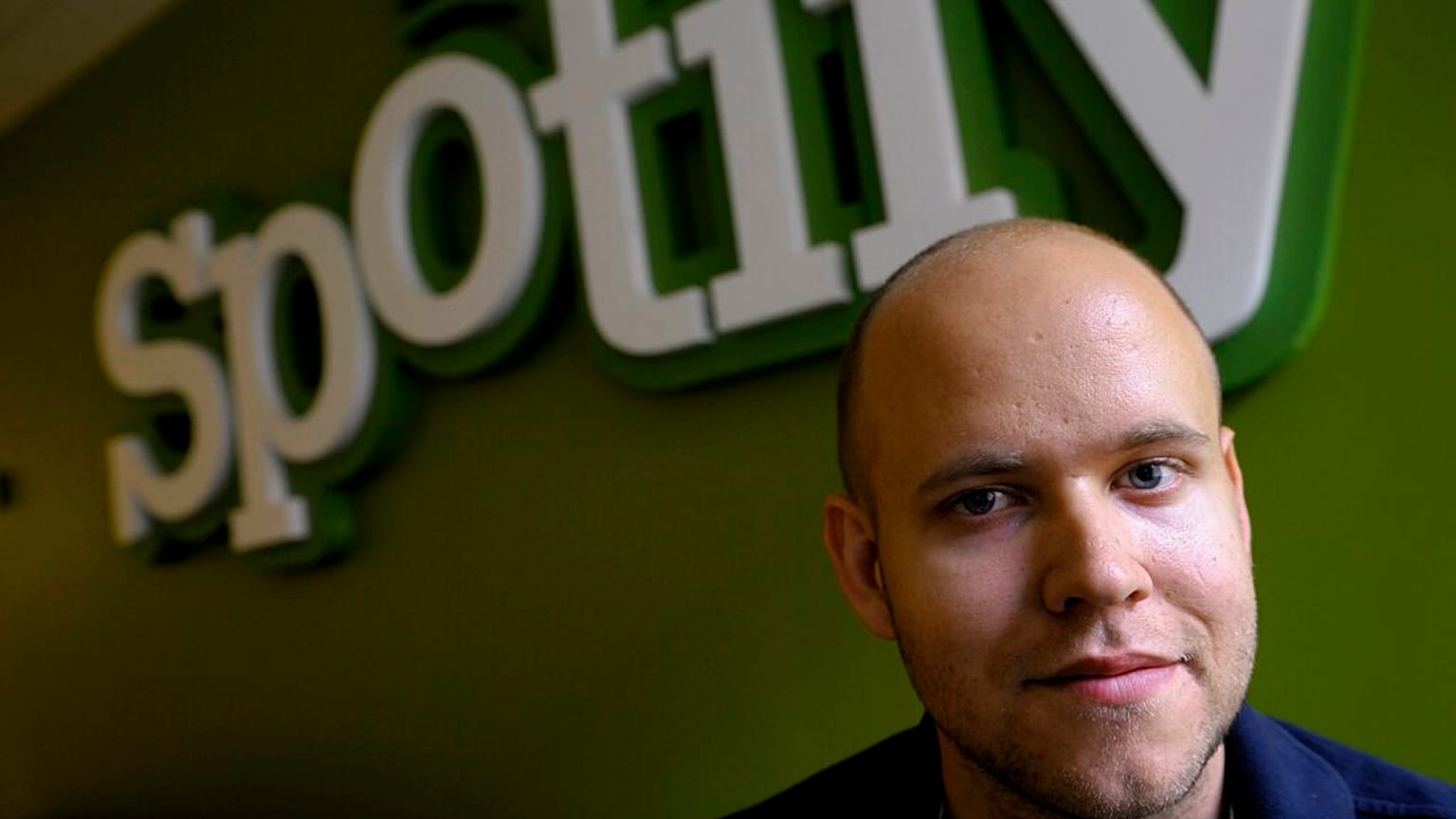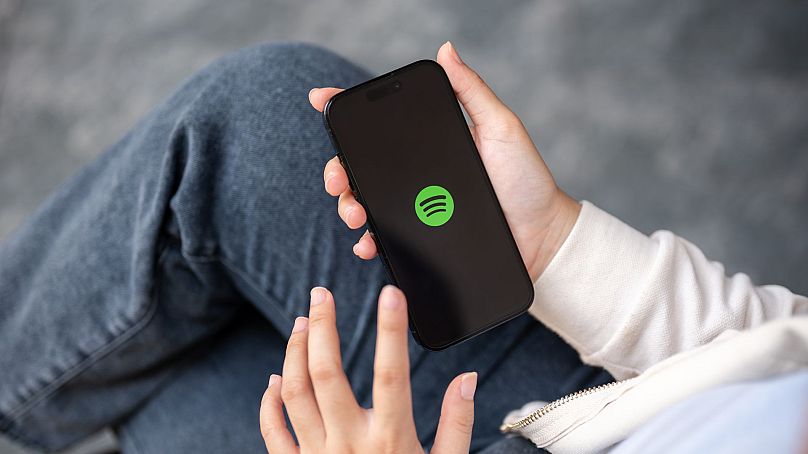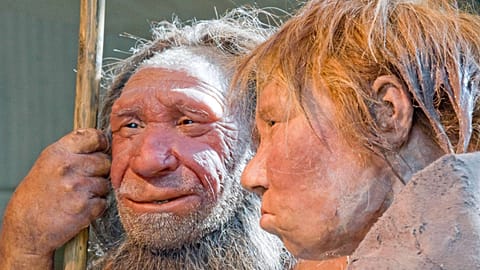Daniel Ek, co-founder and CEO of Spotify, has hit back at claims the music streaming service doesn’t adequately pay artists. Is it fair to say that not every person that plays an instrument can make a living? Jonny Walfisz investigates.
As multinational CEOs go, Daniel Ek, the boss and founder of Spotify, is rather a quiet man when it comes to boasting about his company's exploits.
 ADVERTISEMENT
ADVERTISEMENT
 ADVERTISEMENT
ADVERTISEMENT
But last week, he launched a soft PR campaign giving his inner thoughts about Spotify's role in supporting musicians and the industry.
Ek claims his firm has put over $9 billion (€8.3 billion) back into the music industry in 2023, and has paid a total of more than $48 billion (€44.4 billion) since the company was founded.
In recent years, the streaming platform has come under fire for underpaying musical artists. Many major artists have pulled their work from Spotify as a protest for the lack of money the company provides to artists, most notably Thom Yorke with Atoms For Peace’s 2013 album and Taylor Swift removing her whole discography in 2014.
At the time, Yorke called Spotify “the last desperate fart of a dying corpse” and Swift wrote a Wall Street Journal article where she said she didn’t “agree with perpetuating the perception that music has no value and should be free.”
Yorke and Swift are just some of the most famous names among a litany of artists who have complained that their Spotify residuals cheques aren’t adequate to live on, let alone exist as full-time musicians.
Following the release of the Loud & Clear report on what Spotify pays artists, Ek took to X to give his thoughts on the perception the company doesn’t pay fair compensation.
“How is it that Spotify can say on the one hand that we are paying more and more out to the music industry, the music industry is growing, more artists are benefitting from it? But yet, anecdotally, you are hearing from artists how unhappy they are about the payouts they’re getting from streaming?” Ek says.
“How could those two things be true?” Ek asks, rhetorically. “Well, the paradox is they can be true at the same time.”
The first explanation for the lack of funds artists are seeing from Spotify is that Ek’s company doesn’t pay artists directly. Instead, the money is paid to recording labels, publishers and to collecting societies. For some artists feeling the squeeze, Ek is arguing that it might be because of some greedy label executive drinking the juice, not him.
Ek’s second explanation is made through an analogy to football. While millions of people play the sport every day, it is only around 100,000 players who are professional and salaried by FIFA.
With almost anybody able to pick up an instrument and laptop to record their own songs nowadays, in effect, Ek believes the economy of music is similar to football’s. The data released by Spotify seems to track with that. In 2022, more than 10,000 artists generated over $100,000 (€92,400) and the 50,000th highest-earning artist earned over $12,500 (€11,500) in that same year.
These decent-seeming figures are also only part of the story, with artists able to earn money through other platforms (Tidal, iTunes, Apple Music) as well as through touring, merchandise and physical sales.
So, is Ek right? The figures from Spotify are clear that the company has paid increasingly large sums to increasingly large numbers of artists over the years. Why, then, are musicians still so unhappy?
The Jay-Z-launched platform Tidal was made as a direct response to Spotify with the rapper pulling all his music from Ek’s service. Tidal provides higher-fidelity audio and supposedly pays up to three-times the per-stream royalties of Spotify. As a result, it’s often preferred by musicians and DJs.
To focus on Tidal, although it is more expensive per-month on average than Spotify, if it can maintain its model, it does show that the potential to pay artists more is there. Ek is right that not every person who picks up an instrument can make a career of it, but his dismissal of many major artists' legitimate concerns for compensation across the industry is cynical – the profit margins will always, of course, work in his favour.


















